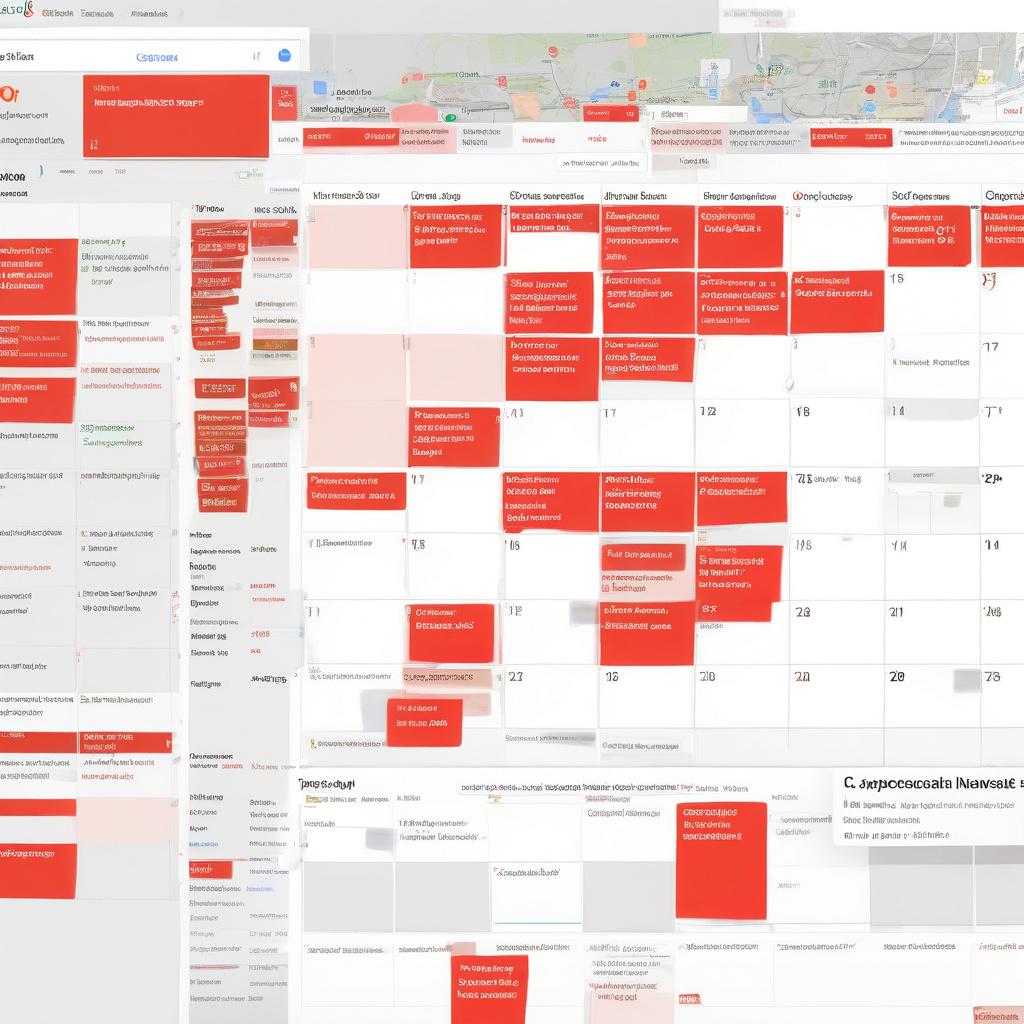In a recent revelation that has sent ripples through the cybersecurity community, APT41, a notorious Chinese state-sponsored threat actor, made an unexpected move by utilizing Google Calendar as part of its command-and-control infrastructure during a campaign last fall. Known by the moniker “Double Dragon,” APT41 has long been associated with sophisticated cyber espionage and financially motivated activities, making this unorthodox employment of a mainstream service all the more intriguing.
This unprecedented tactic underscores the constantly evolving nature of cyber threats and the adaptive strategies employed by threat actors to evade detection. By leveraging a legitimate platform like Google Calendar for malicious purposes, APT41 managed to camouflage its activities within the vast sea of legitimate traffic, significantly complicating detection efforts for cybersecurity defenders. This cunning approach demonstrates the need for organizations to remain vigilant and proactive in fortifying their defenses against such innovative tactics.
The utilization of Google Calendar as a command-and-control mechanism represents a paradigm shift in how threat actors exploit seemingly benign services for malicious ends. By blending in with legitimate traffic, APT41 effectively bypassed traditional security measures, highlighting the limitations of conventional detection tools in identifying such covert activities. This incident serves as a stark reminder of the importance of continuous monitoring, threat intelligence sharing, and adherence to best practices in cybersecurity.
The implications of APT41’s utilization of Google Calendar extend far beyond this specific incident, raising concerns about the potential abuse of other commonly used platforms for malicious purposes. As threat actors continue to adapt and innovate, cybersecurity professionals must also evolve their strategies to effectively mitigate such risks. Heightened awareness, robust threat intelligence capabilities, and a proactive security posture are essential components of a holistic defense strategy in today’s rapidly evolving threat landscape.
In response to this alarming development, organizations are urged to enhance their cybersecurity measures by implementing advanced threat detection mechanisms, conducting regular security assessments, and fostering a culture of security awareness among employees. Proactive monitoring of network traffic, user behavior analytics, and timely response to security incidents are critical in detecting and mitigating threats like those posed by APT41’s innovative tactics.
As the cybersecurity landscape continues to evolve, organizations must remain agile and adaptive in their defense strategies to stay ahead of sophisticated threat actors like APT41. By leveraging the latest technologies, threat intelligence, and best practices, businesses can bolster their resilience against emerging threats and safeguard their valuable assets from malicious actors operating in the shadows of the digital realm.
In conclusion, APT41’s utilization of Google Calendar for command-and-control purposes serves as a wake-up call for the cybersecurity community, highlighting the need for continuous innovation and vigilance in defending against evolving threats. By staying informed, proactive, and collaborative, organizations can strengthen their security posture and effectively combat the ever-changing tactics of malicious actors in the cyber domain.

